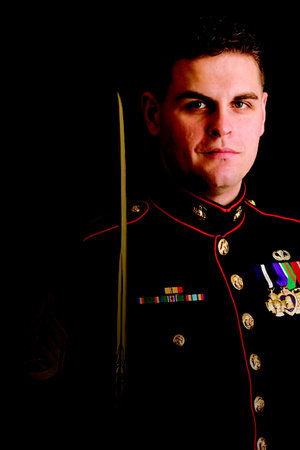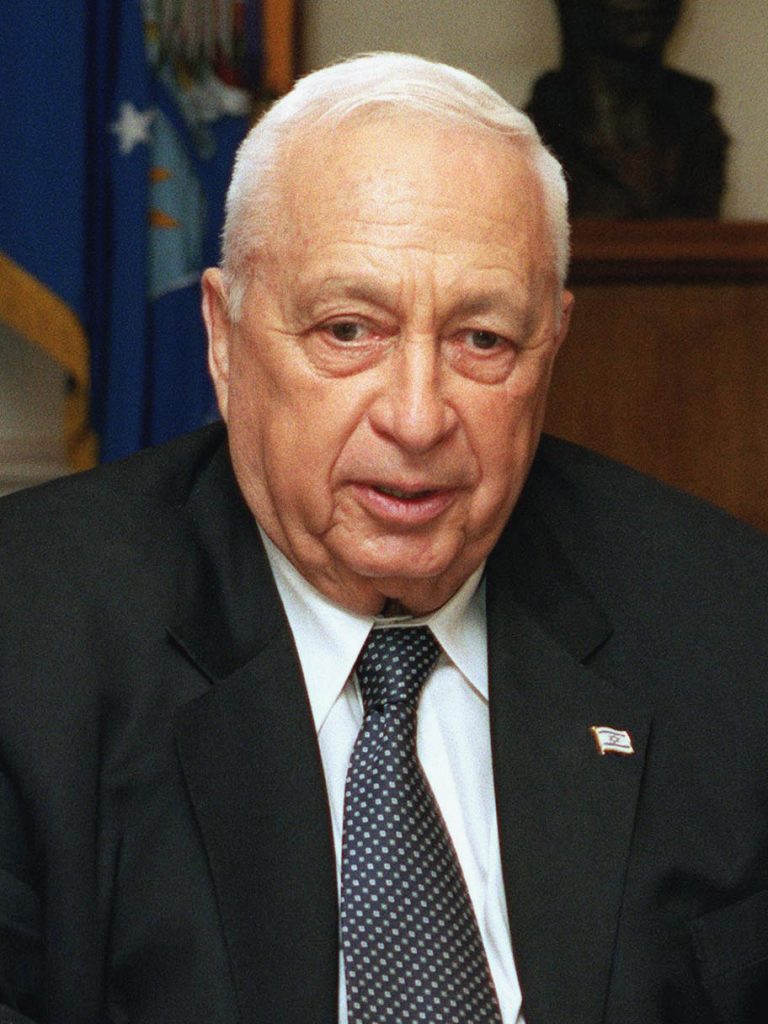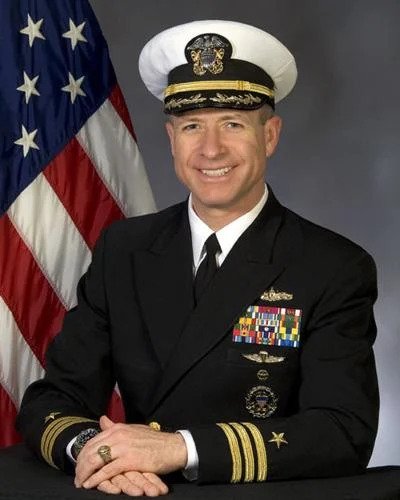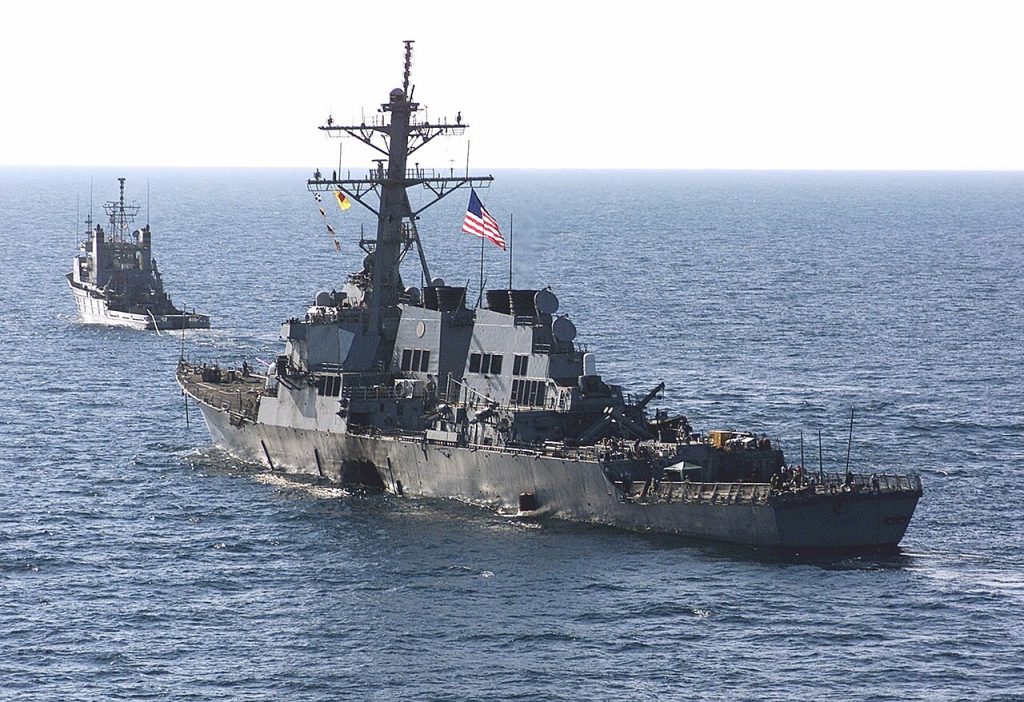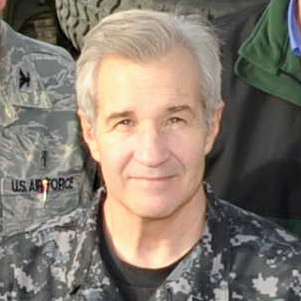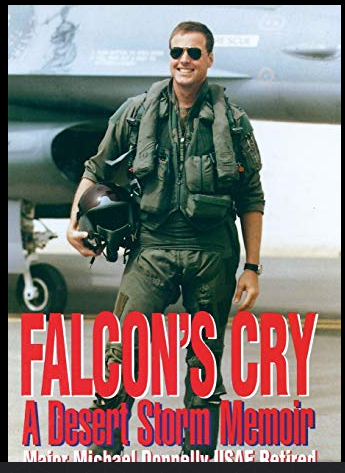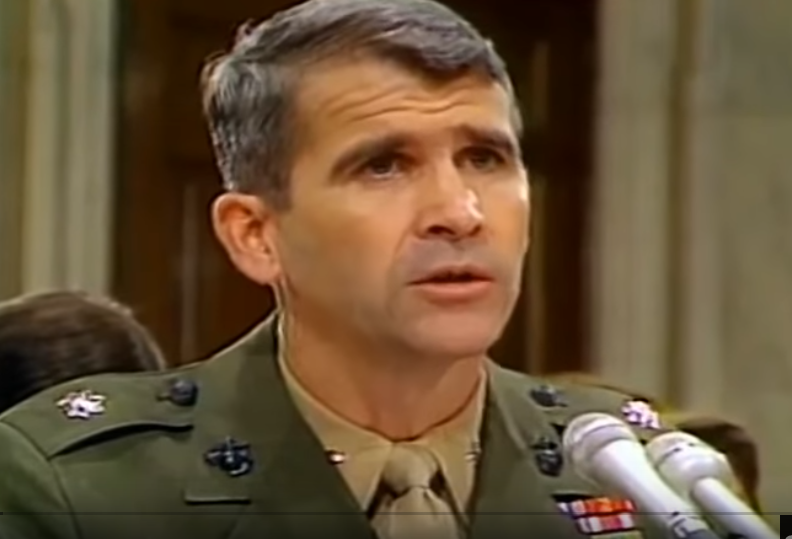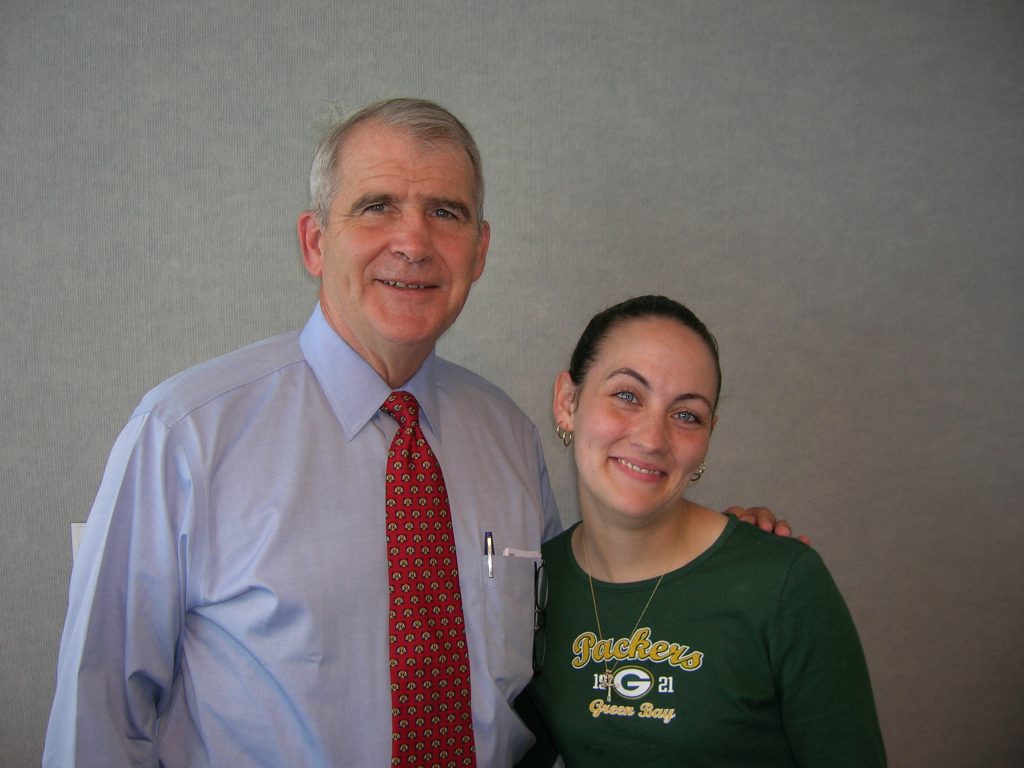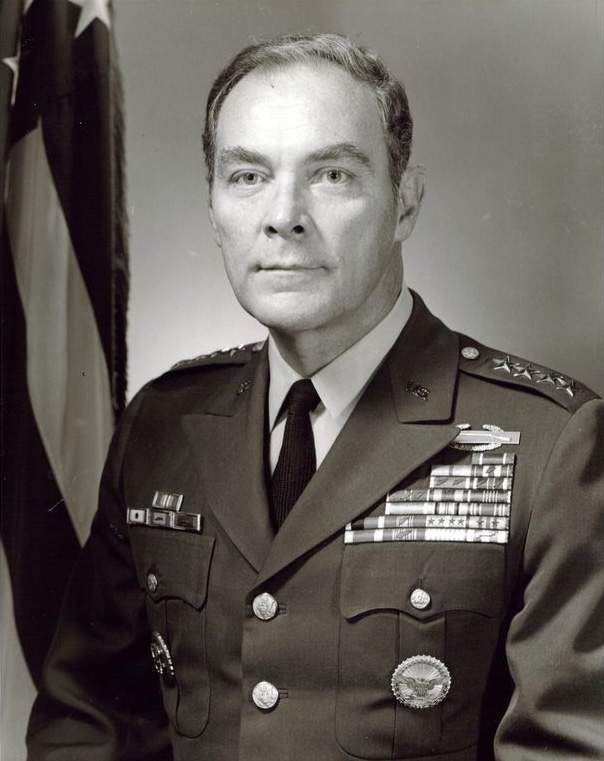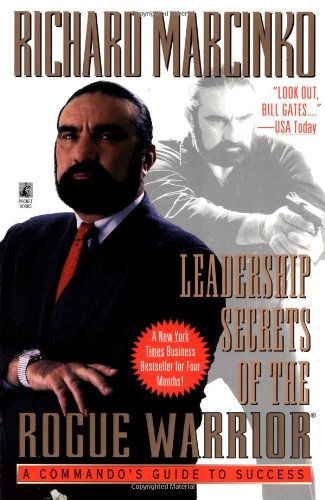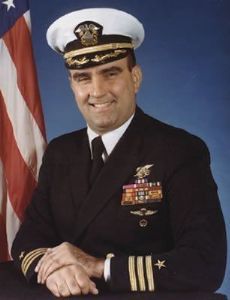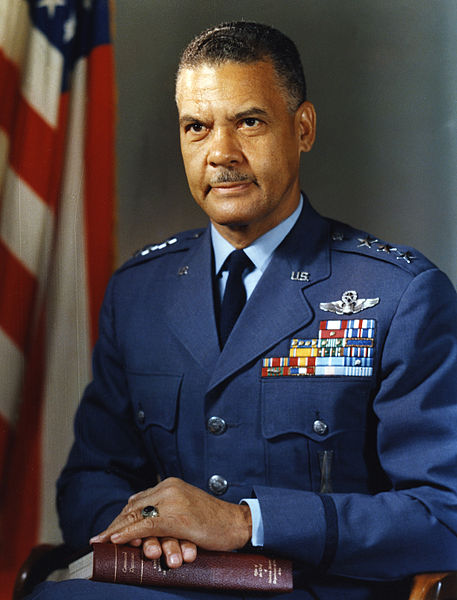
It’s been almost 50 years since the last American soldier came home from Vietnam. But the memories of the 10-year war that tore the nation apart still color the U.S. today.
On this Memorial Day I wanted to bring you an interview I did in 1993 with retired Army Lt. Gen. Hal Moore and war correspondent Joe Gallowaty. They had recently returned from a visit to Vietnam.

They had gone back to the Ia Drang Valley, scene of the first major battle of the war in 1965, with Gen. Moore in command. On their visit, they met with some Vietnamese veterans who, nearly 30 years earlier, had been determined to kill them.
Moore and Galloway wrote a book about the historic battle, called We Were Soldiers Once… And Young. When it was made into a movie in 2002 the title was shortened to “We Were Soldiers.” Mel Gibson portrayed Gen. Moore.
So here now, from the fall of 1993, Lt. Gen. Hal Moore and Joe Galloway.
Gen. Hal Moore died in 2017, three days before his 95th birthday.
Joe Galloway died in 2021 at age 79.

